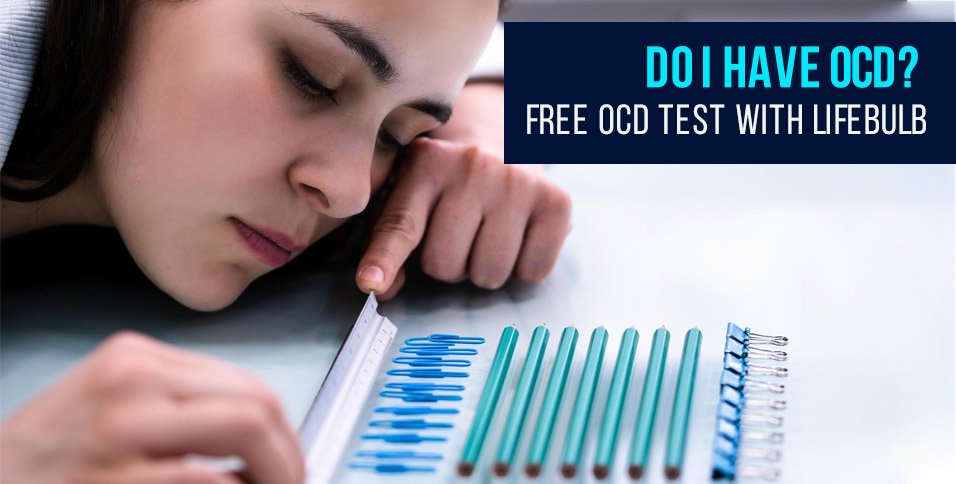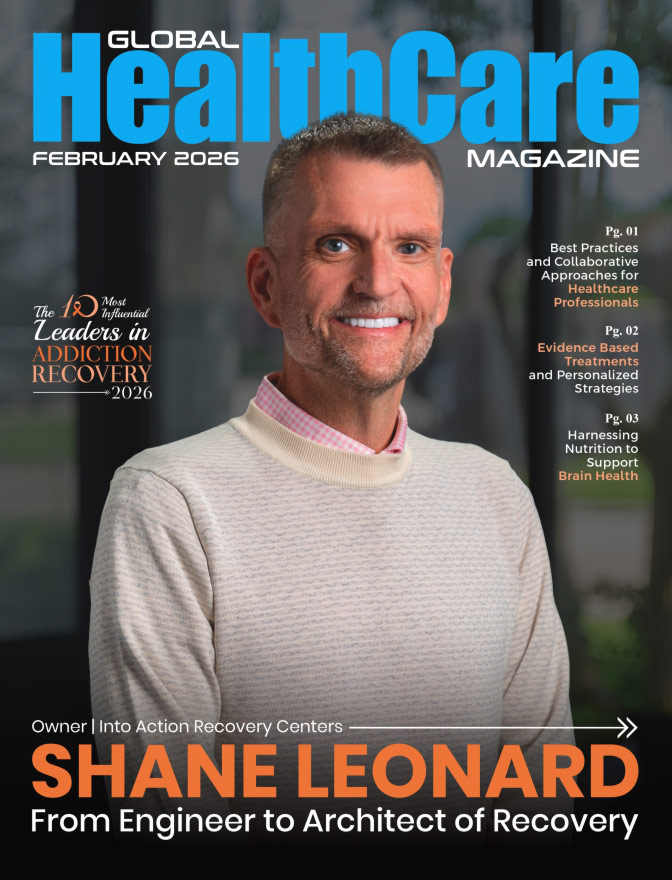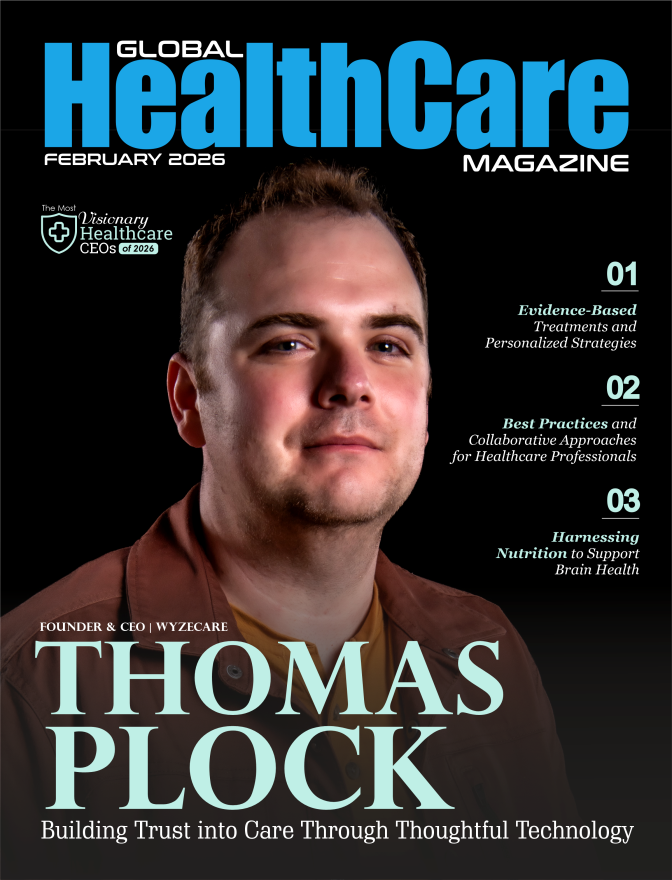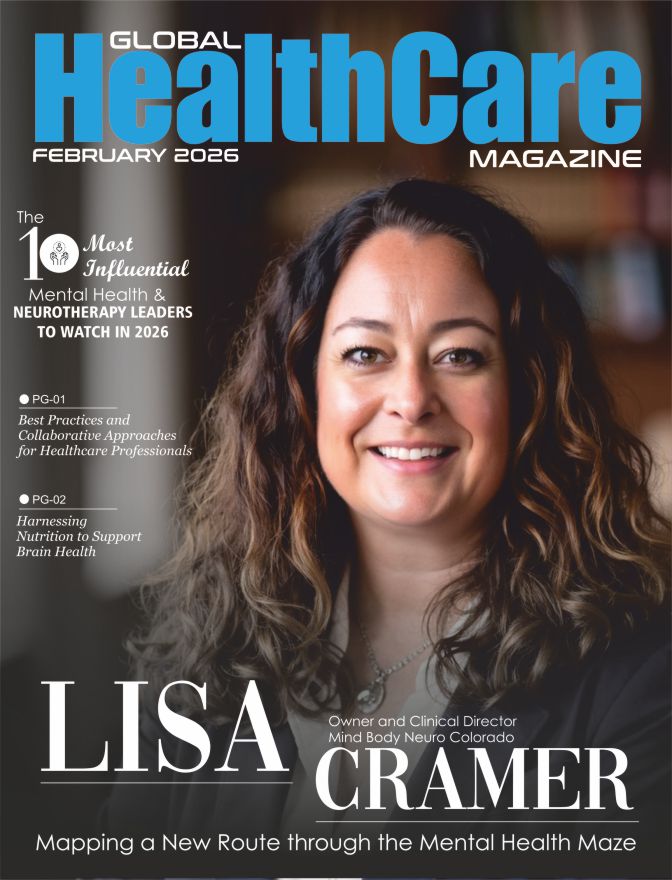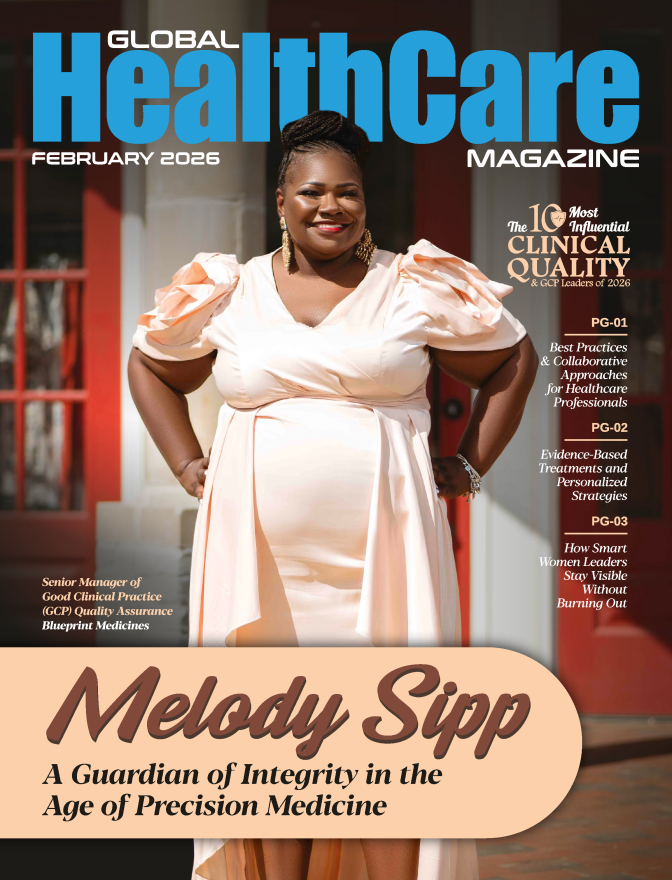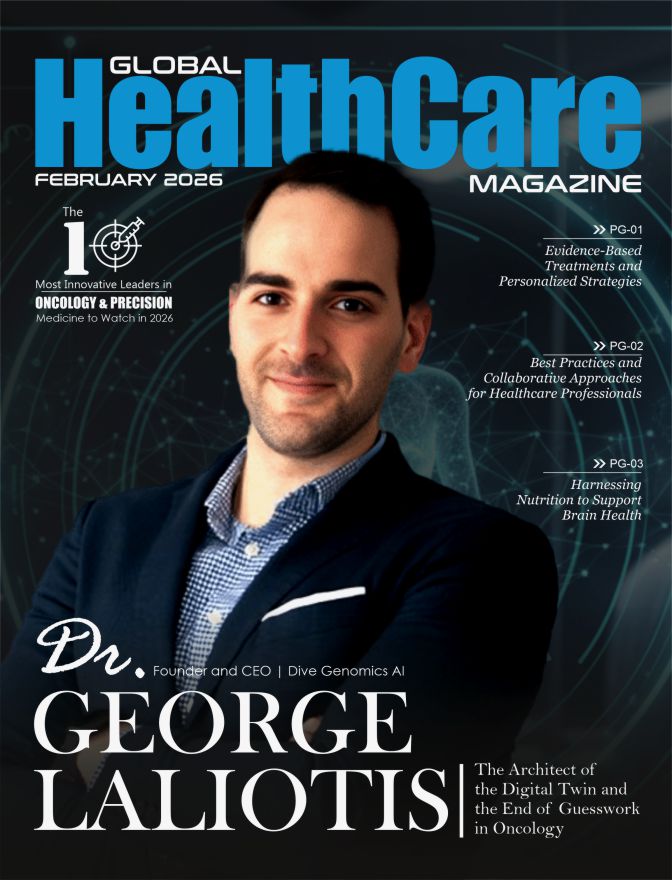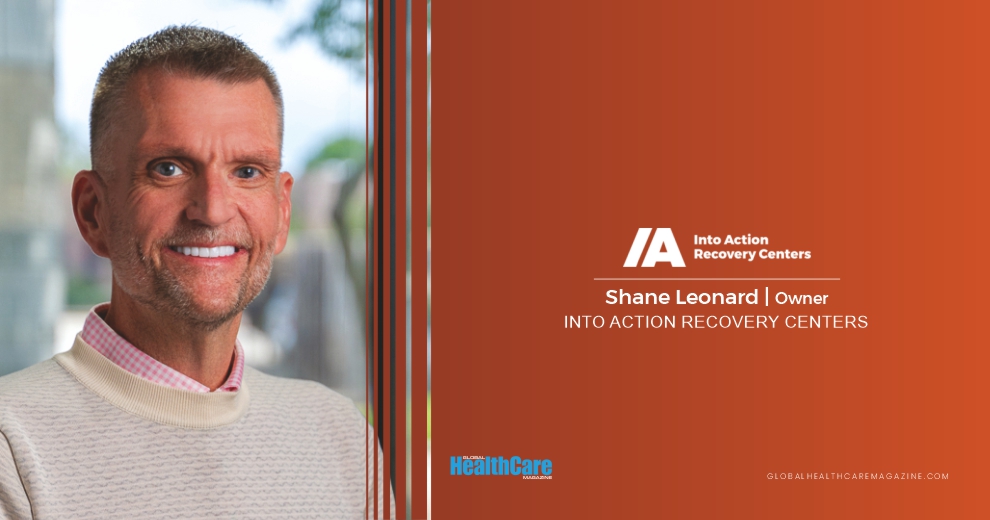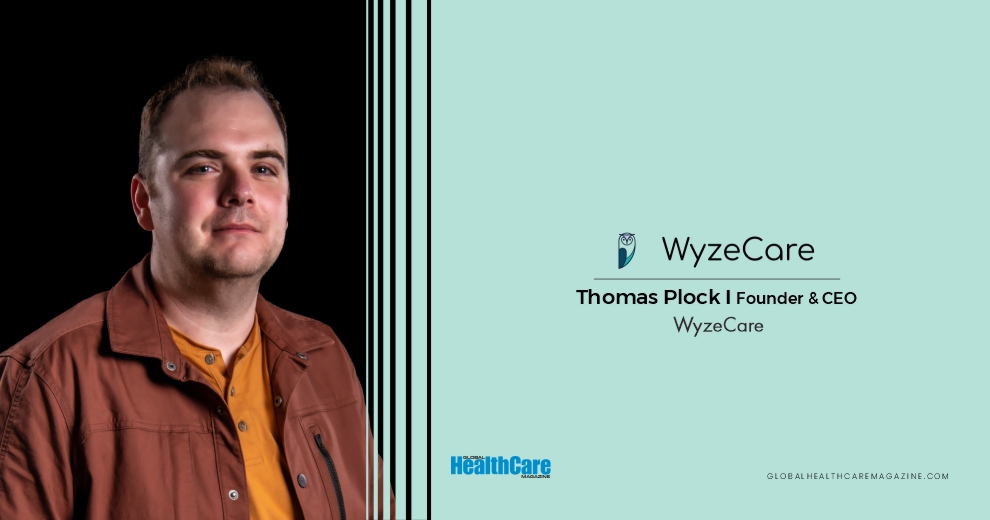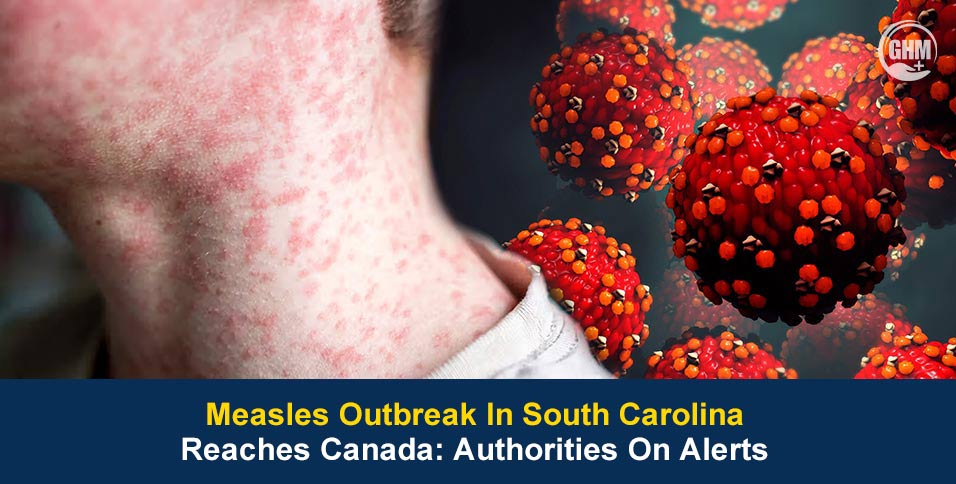Obsessive Compulsive Disorder, or OCD, is an anxiety disorder that affects around 2.3% of adults in the U.S. It is a lifelong disorder that can be managed through medication and therapy. When treated, people with OCD can live happy, normal lives.
Without treatment, however, OCD can be a nightmare to live with. Obsessions and intrusive thoughts can make your own brain feel unsafe, and compulsions can take up hours of your time.
If you have OCD, getting a proper diagnosis is crucial. Therapies like Exposure and Response Prevention (ERP) have a high success rate of treating OCD, but only once the disorder has been diagnosed.
Free OCD tests online are a good starting point. Although not a legitimate assessment or diagnosis, these free online tests can help you learn about the symptoms of OCD and how it might be impacting you.
When you have a disorder like OCD, it can be easy to feel like what you experience is normal. Everyone deals with intrusive thoughts, obsessions, and compulsions, right? No, actually, most people don’t!
Free OCD tests, like this one offered by Lifebulb Therapy, help shine a light on OCD behaviors and symptoms, so that you can take the steps to get treated.
What is OCD?
OCD stands for Obsessive Compulsive Disorder. It is characterized by two parts:
- Obsessions are unwanted and intrusive thoughts, images, or urges that cause intense anxiety or distress. People with OCD often try to ignore or suppress these thoughts, but they keep coming back, creating a cycle of fear and worry.
- Compulsions are repetitive behaviors or mental actions that a person feels driven to perform in response to obsessions. These actions, like checking, cleaning, counting, or repeating words, try to reduce anxiety or prevent something bad from happening, but they only provide temporary relief.
Obsessions and Compulsions can come in all types. Common combinations include:
- Contamination OCD: This involves fears of germs, dirt, or illness (obsessions) that lead to excessive cleaning or handwashing (compulsions).
- Checking OCD: This focuses on fears of harm or mistakes (obsessions) that result in repeated checking of locks, appliances, or safety items (compulsions).
- Symmetry and Ordering OCD: This includes a need for things to be perfect or “just right” (obsessions), which causes actions like arranging, counting, or repeating (compulsions).
- Intrusive Thoughts OCD: This features unwanted violent, sexual, or blasphemous thoughts (obsessions), followed by mental rituals such as praying or seeking reassurance (compulsions).
- Hoarding OCD: This involves the fear of losing important items or making wrong decisions (obsessions) that lead to saving and difficulty discarding possessions (compulsions).
Knowing what type of OCD you have can come later in the diagnosis process. Generally, free ocd tests won’t specify what type of OCD you have, only that you have the general traits of it. From there, a licensed professional can help you label the obsessions and compulsions.
6 Signs You Have OCD
One quick way you can take a free OCD test, besides multiple-choice OCD tests like those offered through Lifebulb, is to answer yes or no to a list of OCD symptoms.
Do you experience the following symptoms:
- You have unwanted thoughts, urges, or images that cause you anxiety or distress
- You have repetitive behaviors that you do in an attempt to soothe or neutralize the thoughts, urges, or images
- You feel like you have to engage in repetitive behaviors or mental tasks (like praying, counting, or repeating words silently).
- You feel like something bad will happen if you don’t follow these rules.
- You spend a lot of time engaging in these activities or they cause you a lot of distress.
- You’re unable to go to social gatherings, move forward with your career, take care of yourself, or other limiting factors because of these obsessions and behaviors.
If you answered yes to most of these questions, you might have OCD. A good next step is to take a free ocd test online. From there, you can reach out to a licensed professional to get an assessment and formal diagnosis.
How to Get Diagnosed with OCD
Getting diagnosed with OCD is the first step to treating it. It’s important to find a therapist who specializes in OCD, because OCD isn’t like any other disorder. Therapies that work for depression and regular anxiety, like CBT, aren’t always effective for OCD. Instead, it requires a treatment plan that is specific to you, your symptoms, and the disorder.
Getting diagnosed with OCD can start in a few places:
- Talk to your primary care provider. They can refer you to an OCD specialist.
- Talk to your therapist, or find an OCD therapist first: You don’t have to have a formal diagnosis to receive treatment for OCD, although a diagnosis can help. Starting your recovery journey with an OCD therapist is a great place to start.
- Talk to a Psychiatrist: Psychiatrists are medical doctors who specialize in OCD. They will be able to run an official diagnosis assessment and can prescribe you medication for your OCD, which many people find helpful.
There are many places to start your journey to OCD recovery. An easy one is with Lifebulb’s free OCD test.

